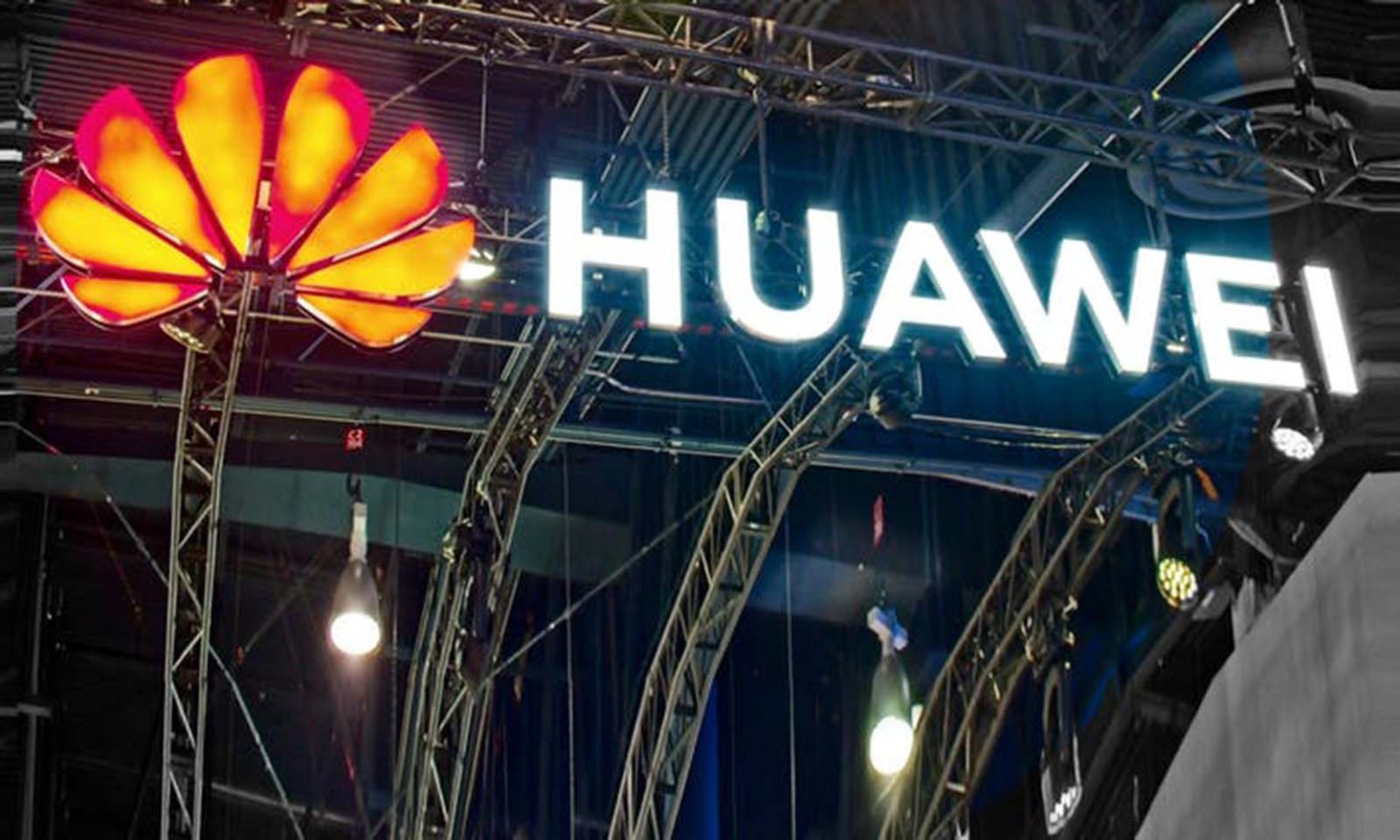Robert Atkinson of the Information Technology and Innovation Foundation has just written a very compelling analysis of China’s national industrial policy, especially in relation to the exponential growth of its telecommunications industry.
Some of the key findings of the paper, “How China’s Mercantilist Policies Have Undermined Global Innovation in the Telecom Equipment Industry,” are as follows:
- Without unfair, mercantilist Chinese government policies and programs for its telecom giants, China would lack a globally competitive telecom equipment industry. Neither Huawei, nor ZTE, would have more than minor market shares, even in China.
- Chinese market-share gains have come at the expense of innovative telecom equipment providers in other countries. By artificially taking market share from more innovative companies, the latter have had less revenue to invest in cutting-edge R&D.
- As a share of sales, leading non-Chinese equipment companies invest more in R&D, and patent and contribute more to international standards when compared to Huawei and ZTE.
- Beijing’s policies dramatically limit foreign access to China’s huge telecom markets, providing them with a guaranteed source of revenue to attack foreign competitors.
The analysis is characterized by an implicit bias against Chinese mercantilism, a bias that many champions of free trade naturally share.
While reflecting those preferences to a degree, Atkinson’s report does offer a recognition that China’s state-driven capitalist model has played a significant role in driving industrial development and innovation (while also contending that such protectionism and heavy-state subsidies have had the negative byproduct of inhibiting innovation in western economies that have eschewed such practices).
And it is a model that is not unique to China. Economist and market practitioner Bill Janeway observed that state-driven innovation has been “put to repeated and successful use: by Japan beginning in the last decades of the 19th century, then by the emergent Asian Tigers in the second half of the 20th century and now by China.”
In another analysis illustrating the key role the state plays in driving industrialization, authors Ben Landau-Taylor and Oberon Dixon-Luinenberg argue, “The great strength of capitalist societies is that industrialists like Henry Ford or Jeff Bezos can transform single industries within an existing economic framework, but the economic framework itself is too large to be remade with the resources of any individual or corporation.
























